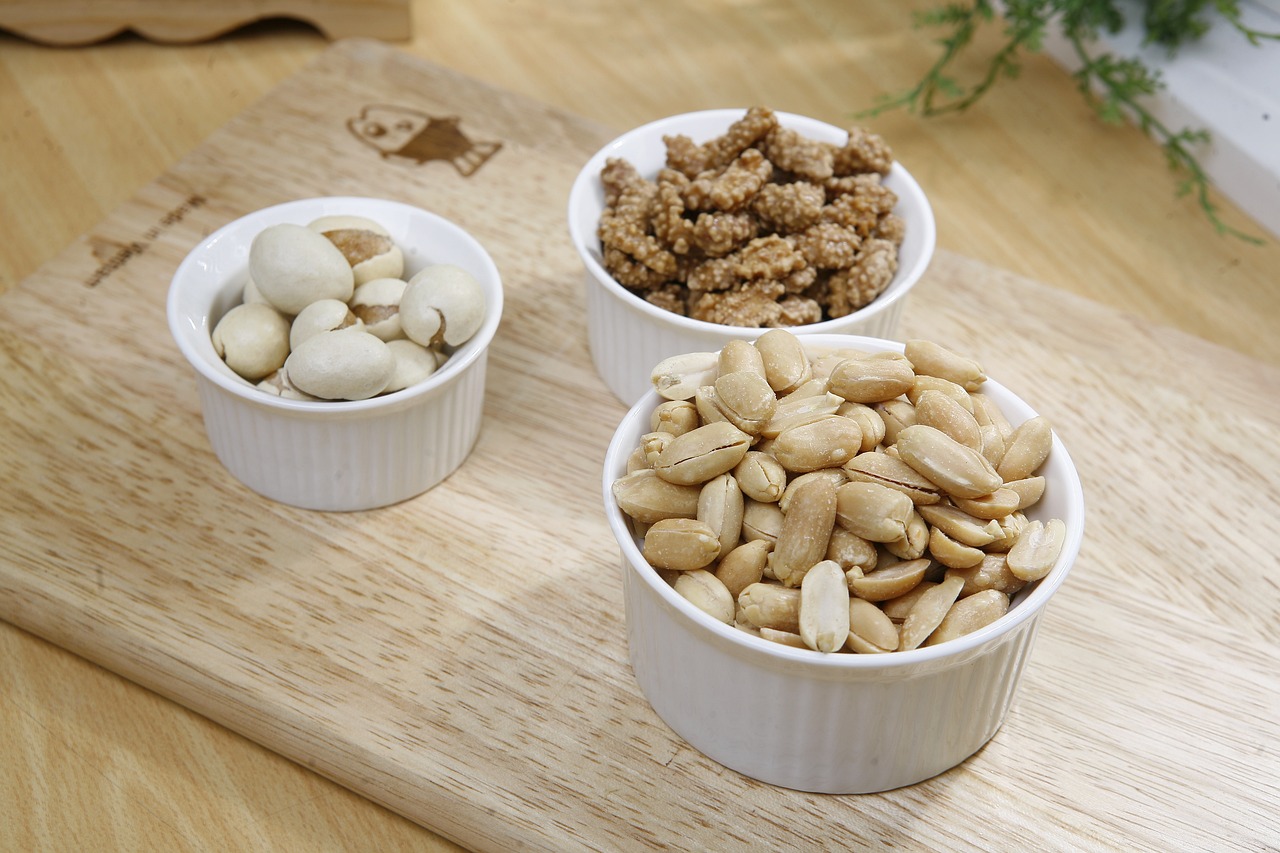"Social relationships at the elderly home - how we support contacts and community upon moving in"
This article has been translated with AI and written based on Swedish conditions. Hopefully, it can inspire interested parties from other countries.
Moving into a nursing home involves changed conditions for social relationships. By combining measures in the physical environment, social activities, and person-centered care, we can create conditions for meaningful relationships in the autumn of life.
Social relationships in old age - challenges and opportunities
The aging social world
With increasing age, social relationships change through:
- Loss of life partner and peers
- Fewer social roles after retirement
- Limited mobility that hinders social participation
- Cognitive changes that affect communication
Moving into a special accommodation - a social transition
Loss of existing networks
- Distance to old neighbors and friends
- Changed accessibility for family visits
- Disruption of long-standing circles of friends
Need for new social contacts
- Adjustment to a new social environment
- Building relationships with staff and co-residents
- Balancing privacy and community
Common challenges when moving in
Social isolation
- Difficulty initiating new contacts
- Fear of not fitting in
- Language and cultural differences
Changed relationships with relatives
- Role changes in family relationships
- New balance in visitation patterns
- Collective mourning over the loss of home
How the elderly home can promote social relationships
Create meeting places
Physical environment
- Common areas with inviting furniture
- Secluded small group areas
- Accessible outdoor environments
Activity offers
- Meals as social events
- Cultural events and parties
- Human-centered group activities
Support existing relationships
Family contact
- Flexible visiting rules
- Opportunity for private viewing
- Digital meeting alternatives
Contact with old friends
- Support transport for visits
- Help with digital communication
- Inviting external contacts to activities
Promote new relationships
Introduction support
- Personal moving-in process
- "Resident buddy" system
- Slow integration into the community
Community in everyday life
- Small-scale contexts
- Meaningful common tasks
- Respect for different social needs
The role of care staff
Relationship builders
- Recognize loneliness and isolation
- Create natural opportunities for togetherness
- Function as a social link
Communication support
- Interpret social signals
- Facilitate conversations
- Respect the need for privacy
Reflection questions
Care staff
- Which residents do you see as particularly vulnerable to social isolation?
- How can we better detect loneliness among the quiet residents?
Manager, nurse, occupational therapist, and physiotherapist
- Which physical adaptations would promote social relationships?
- How can we measure and follow up on social well-being?
Residents and relatives
- What social needs are most important to you/your relative?
- How can the staff better support your relationships?
Erland Olsson
Specialist nurse
Sofrosyne - Better care every day

Aktuellt i media
-
2025-04-23 04:00
13 Hygien
Storage tends to attract all the world's junk. Order, clearing and cleaning of storage is a necessary recurring task.
info Bild: Pixabay
Bild: Pixabay -
2025-04-14 04:00
08 Förebyggande o lokaler
The art of furnishing a nursing home, a balancing act between homeliness, functionality, and hygiene aspects.
info -
2025-04-10 04:00
04 Bemötande
Waking up in a nursing home - is the morning routine adapted to each individual's needs?
info Bild: Pixabay
Bild: Pixabay -
2025-04-07 04:00
09 Mat och måltid
For the elderly, it is often important to eat many snacks in order to get enough nutrition.
info Bild: Pixabay
Bild: Pixabay -
2025-04-03 04:00
04 Bemötande
What creates safety in elderly care homes - advice and tips on creating a secure environment for the residents
info -
2025-04-01 00:00
10 Aktivitet o funktionsbevarande arbetssätt
Reminiscing, working with memories, is an activity that creates a lot of added value for people with dementia.
info

